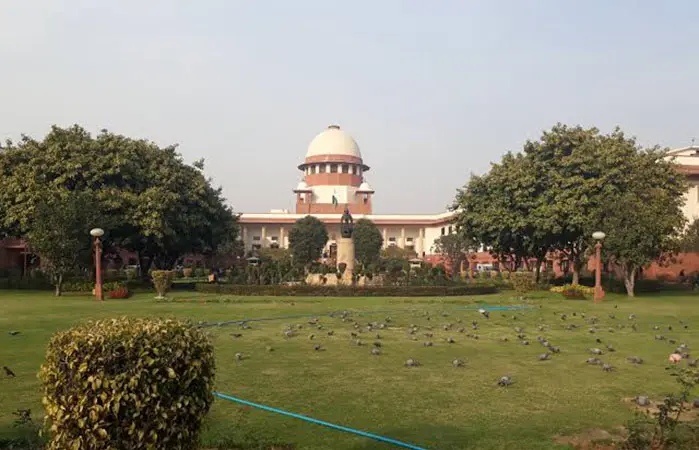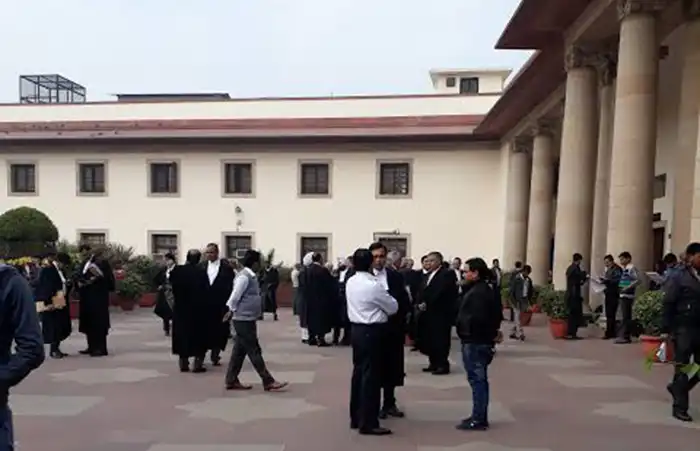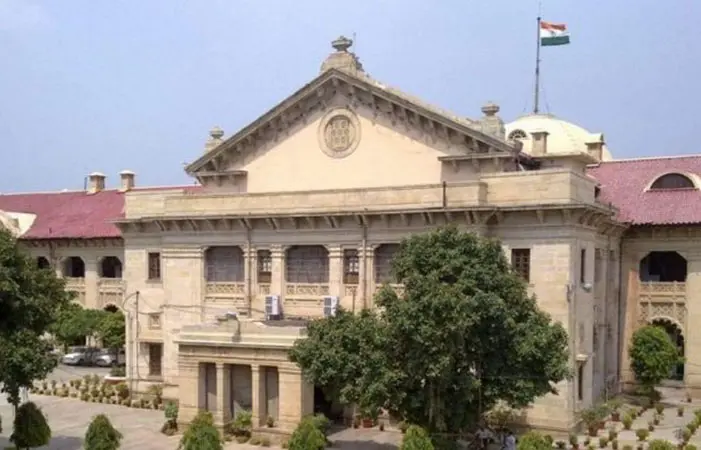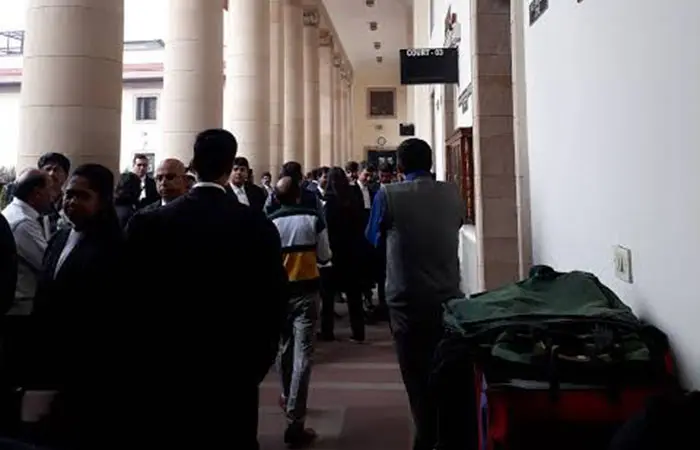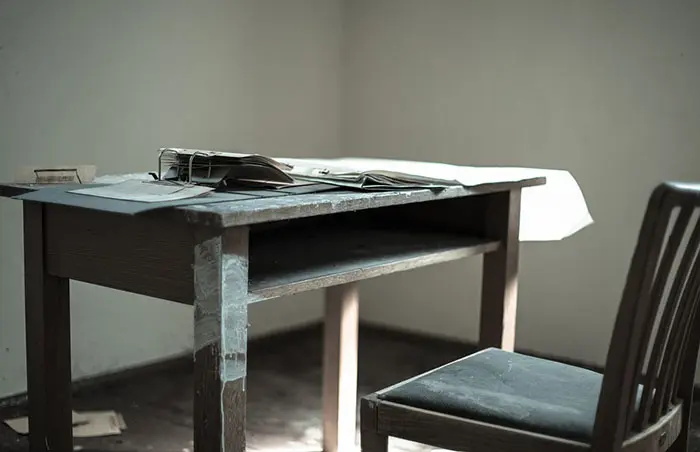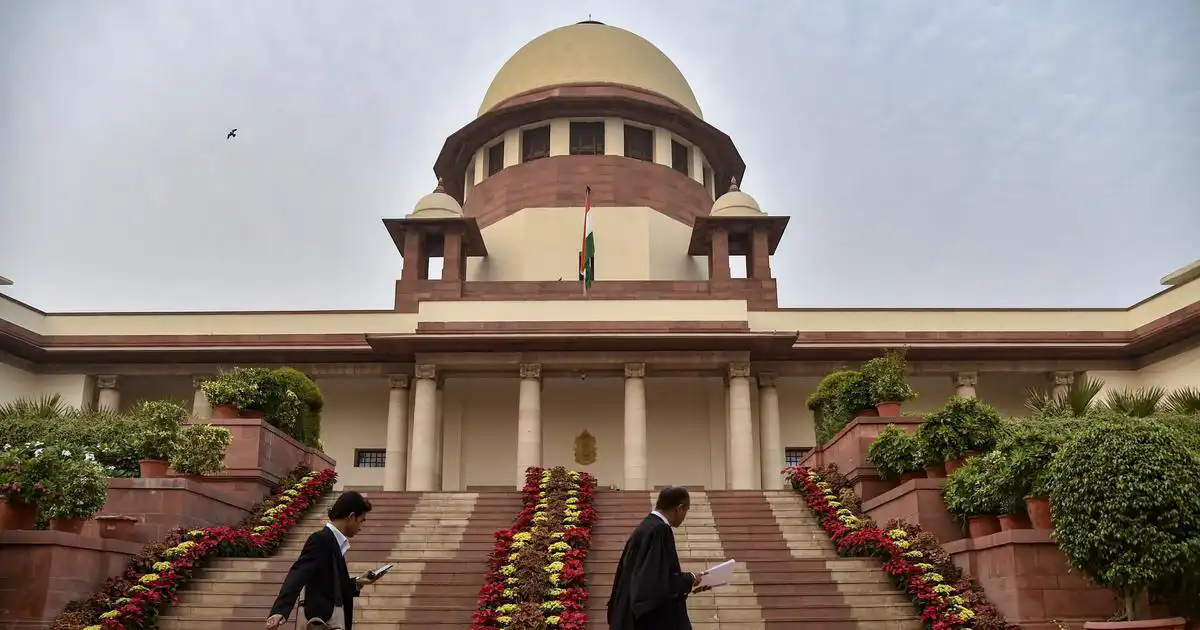Supreme Court pronounced close to 1,000 judgments in cases of varied subject matters between January and November 2018.

News and Blogs
- /
- Articles and Blogposts /
- News and Blogs
How much of a vacation do our judges need? This question comes up fairly frequently these days, particularly when there is conversations about the delays in deciding cases and the pending 3crore cases in our courts.
The horrifying incident of the rape and death of eight year old Asifa in Kathua (J&K) shocked the conscience of the country, when the police first found her body near a forest on 17 January this year.
With over 27 million cases pending in subordinate courts across the country, there is a need to look beyond traditional summary statistics.
While 1,217 subordinate judicial officer posts remain vacant, the state government and UP Public Service Commission's delay in filling them has seen a rise in pending cases. A speedy recruitment process is in the interest of speedy access to justice.
In a recent Supreme Court order in All India Judges’ Association vs Union of India, the court expressed its “considered view” that assistance of ‘Court Managers’ “is needed for a proper administrative set up in a court.”
The Supreme Court of India in the case of All India Judges Association & Ors. v. Union of India & Ors., in its order dated 2 August 2018, has highlighted an often ignored problem with the Indian judiciary – the deplorable infrastructure of our courts.
A more widespread discussion on the Memorandum of Procedure is necessary because the process of appointment needs an overhaul.

India’s Sexual Crimes Ordinance Puts Time Limits on Trying Cases. Here’s Data on Why It May Not Work
What good is a law that seems perfect in theory but remains ineffectual in practice? The central government’s ordinance on sexual offences has been in the news for many reasons, primarily for introducing the death penalty as punishment for the rape of a child under 12.
Have you ever wondered how many women approach the judiciary to file cases in court? This post seeks to shed some light on the number of cases filed by women in the subordinate courts across India, as well as highlight the nature of cases filed by them in comparison to the nature of cases pending in the subordinate courts of India.
In an unprecedented move, the judge of the High Court of Bombay, Justice Kathawala heard the cases listed in his court till 3:30 am in the morning.
Should it really take 20 years for a case to be decided? That is the question I am left pondering over after witnessing the entire episode on Salman Khan’s conviction.

-
Rule of Law ProjectRule of Law Project
-
Access to Justice SurveyAccess to Justice Survey
-
BlogBlog
-
Contact UsContact Us
-
Statistics and ReportsStatistics and Reports
© 2021 DAKSH India. All rights reserved
Powered by Oy Media Solutions
Designed by GGWP Design
